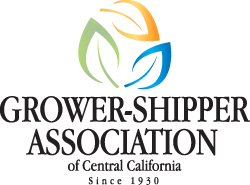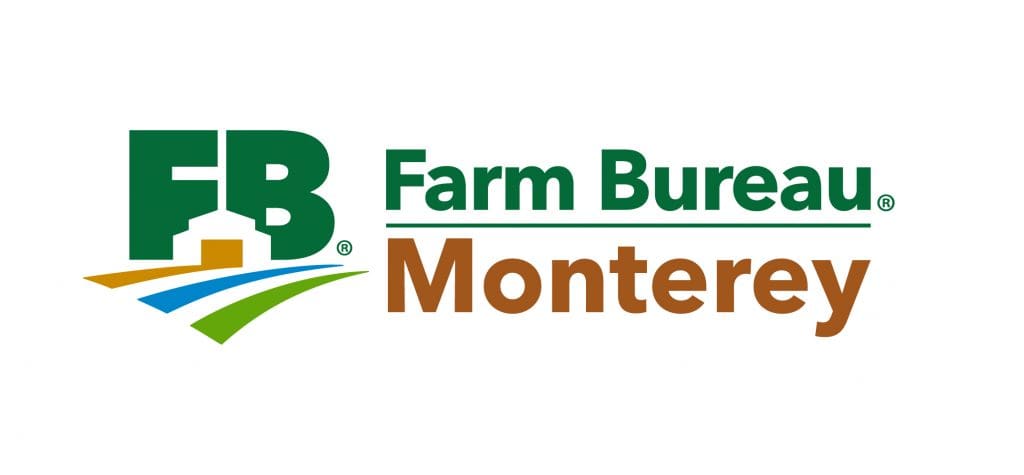For Premier Packing, ensuring food safety is of utmost importance. Food safety refers to the practices and measures taken to ensure that food is safe to consume and free from any potential hazards or contaminants that could harm human health. We play a crucial role in maintaining the safety and quality of the food produced on the farm, protecting both the consumers and the reputation of the farm operation. Here are some reasons why food safety is vital for Premier Packing:
Food Safety
1
Consumer Health Protection:
Ensuring food safety helps safeguard the health and well-being of consumers. By implementing proper food handling, storage, and processing practices, we minimize the risk of foodborne illnesses caused by bacteria, viruses, parasites, or chemical contaminants. This is particularly important as the consumption of unsafe food can lead to serious health issues or even fatalities.
2
Legal Compliance:
Food safety regulations and standards are enforced by government authorities to protect public health. For Premier Packing, it is essential to comply with these regulations, which may vary based on your location. Failure to comply with food safety requirements can result in legal consequences, fines, penalties, and even the closure of the farm operation.
3
Reputation and Consumer Confidence:
A strong reputation for producing safe and high-quality food is vital for the success of any farm operation. By prioritizing food safety, we demonstrate our commitment to producing safe products, which enhances consumer confidence in your farm and its products. Positive consumer perceptions and trust are crucial for maintaining and growing your customer base.
4
Compliance with Buyer Requirements:
Many retailers, distributors, and food service establishments have their own food safety standards and requirements. These entities often demand that their suppliers meet specific food safety criteria to ensure the products they sell are safe for consumption. By adhering to these requirements, we help farms access larger markets and secure business contracts with these buyers.
5
Risk Management:
Implementing food safety practices helps mitigate the risks associated with foodborne illnesses and contamination events. By identifying potential hazards, implementing preventive measures, and establishing monitoring and control systems, we minimize the likelihood of contamination and reduce the impact on human health and the farm operation itself.
6
Worker Health and Safety:
Food safety measures not only protect consumers but also ensure the well-being of farm workers. By promoting proper hygiene, providing adequate training on safe practices, and offering personal protective equipment (PPE) when necessary, Premier Packing creates a safe working environment that reduces the risk of worker-related contamination and illnesses.
7
Traceability and Recall Management:
Effective food safety practices include maintaining detailed records and establishing traceability systems. In the event of a food safety issue or recall, these systems help identify the source of the problem and enable prompt corrective actions. Timely and efficient recall management minimizes the potential harm to consumers and limits financial losses for the farm.
Overall, for Premier Packing, prioritizing food safety is not only ethically responsible but also a legal and business imperative. By ensuring safe and high-quality food production, we protect consumer health, maintain a positive reputation, comply with regulations, meet buyer requirements, and minimize risks for both consumers and farm workers.


